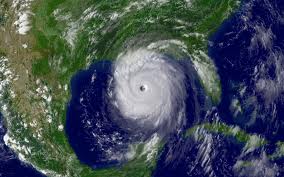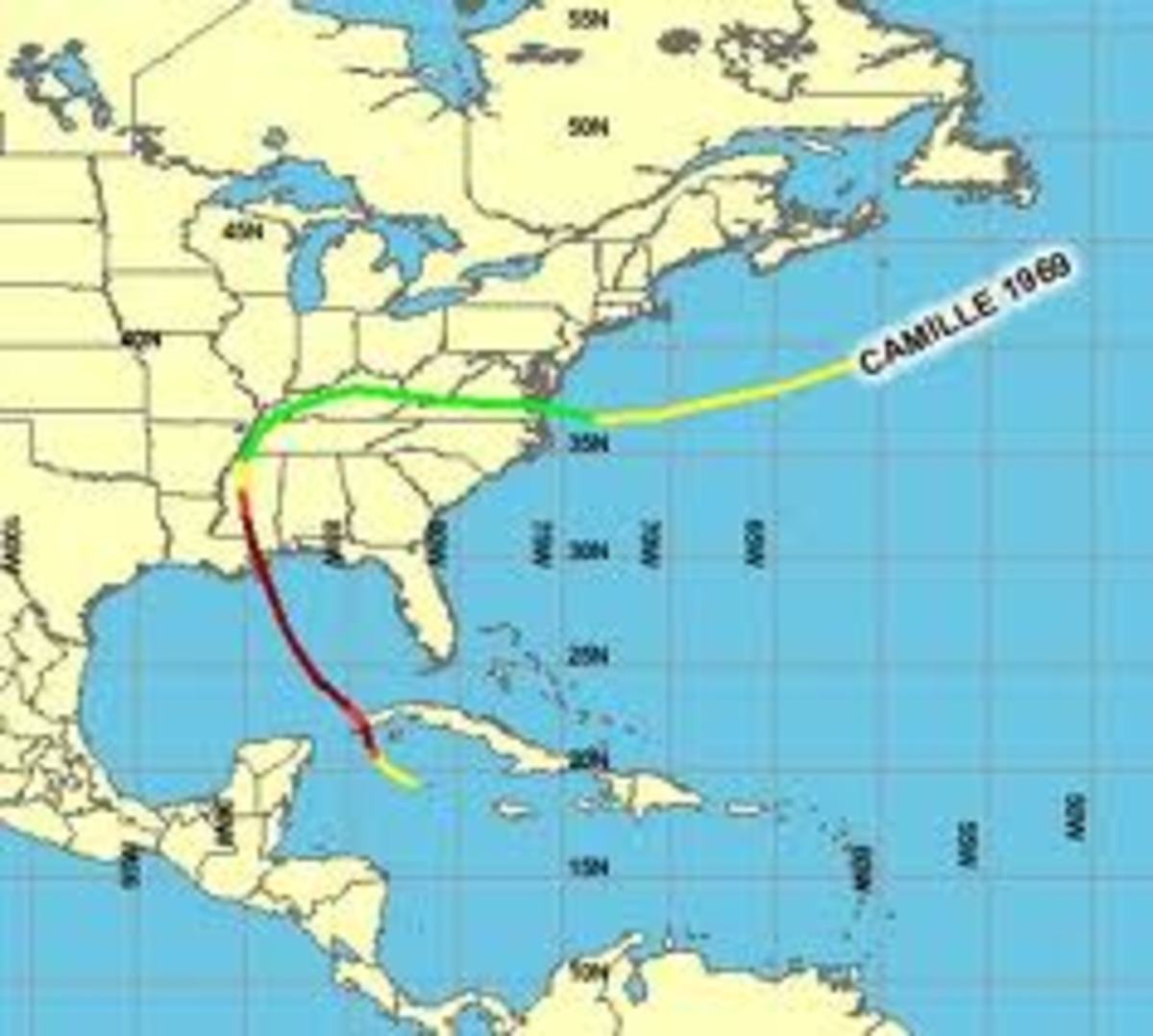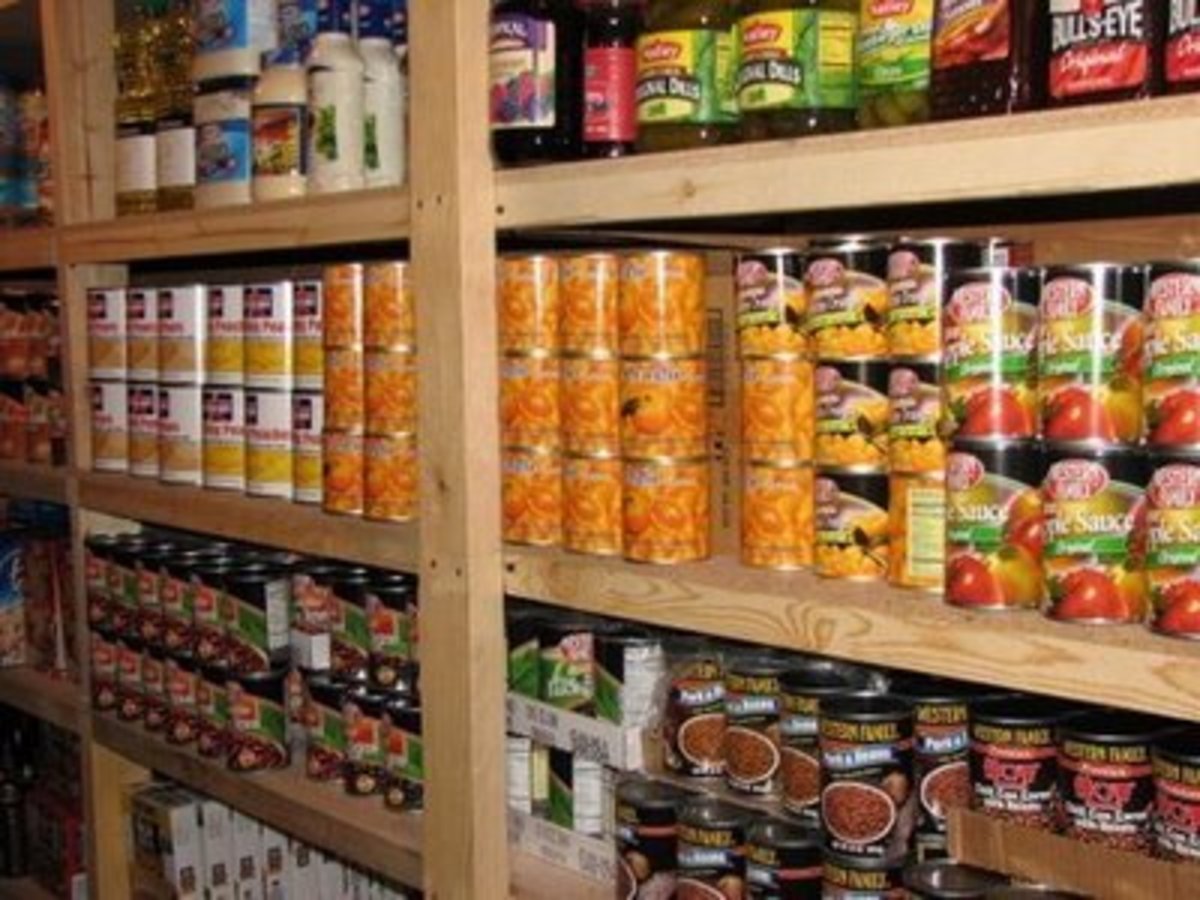Prepare for a Busy Hurricane Season

It’s better to prepare for hurricanes ahead of time than wait until the last minute. Hurricane preparation helps minimize risks to life and limb. It can also save substantial amounts of money, time and anguish. Here are ways to help minimize the impact of a busy Atlantic hurricane season.
Stockpile Hurricane Supplies
A powerful hurricane, especially a major hurricane, can cause a tremendous amount of destruction over a wide geographic area. Hurricane survivors may find themselves without food, water, medicine, first-aid supplies, electricity, sewer services, telephone services, shelter and other basic necessities of life. Thus, an important step of hurricane preparation is to stockpile supplies that are sufficient to provide for the basic survival needs of you, your family and your pets for enough time for aid workers to reach you.
According to the Red Cross, a basic hurricane stockpile includes: water (at least a 3 day supply; 1 gallon per person per day); food (at least a 3-day supply of non-perishable, easy-to-prepare food); flashlight; battery-powered or hand-crank radio; first-aid kit; medications (7-day supply); medical items (hearing aids with extra batteries, glasses, contact lenses, syringes, cane); multi-purpose tool; sanitation and personal hygiene items; copies of personal documents (medication list & pertinent medical information, proof of address, deed/lease to home, passports, birth certificates, insurance policies); cell phone with chargers; family and emergency contact information; extra cash; emergency blanket; maps of the area; baby supplies (bottles, formula, baby food, diapers); pet supplies (collar, leash, ID, food, carrier, bowl, veterinary medicines); tools/supplies for securing your home; extra set of car keys and house keys; extra clothing, hat and sturdy shoes; rain gear; insect repellant and sunscreen; camera for photos of damage.
It’s possible to save a substantial amount of money by planning ahead to build a hurricane stockpile. For example, many items in the above stockpile list can be purchased on sale, and/or using coupons, and/or at big-box or other inexpensive stores IF they are purchased before they are desperately needed. While anti-gauging laws in many jurisdictions prevent merchants from raising prices of essential items during emergency situations, these laws do not compel merchants to offer discounts or sales on these items. Thus, you can save a substantial amount of money on these items by planning ahead and buying early.
Financial Planning for Hurricanes
Hurricanes can be expensive, not only for people living in areas actually hit by hurricanes but also for people who need to evacuate their homes—even if they are lucky enough to avoid an actual hit. Thus, an important part of hurricane preparation involves planning for the financial impacts of hurricanes.
For some families, even the cost of stockpiling their hurricane supplies can seem out of reach. These families should take care to plan ahead in building their hurricane stockpiles to minimize their costs. They can also include these costs in their annual budgets and try to pay for them throughout the year.
Homeowners living in hurricane-prone areas typically need several types of insurance. Their insurance starts with a standard homeowner’s policy to protect against common perils to their home. They also typically need a windstorm policy or rider to protect against damages due to high winds such as that of hurricanes. Further, since standard homeowners policies do not protect against flooding, they need a separate flood insurance policy to protect against the floods that are associated with hurricanes. As with all insurance, it’s important to get coverage well before it’s actually needed. If you wait until a hurricane is bearing down on your region, it will be much too late to buy insurance to protect yourself.
As mentioned above, one item in a hurricane stockpile should be extra cash. Hurricanes often result in the loss of electricity and communications over large geographic areas. Thus, people should not rely on being able to withdraw cash from a bank or automatic teller machine (ATM) after a hurricane hits, and should not assume that their credit or debit cards will continue to function normally after the storm hits. When an emergency hits, it’s often necessary to use cold hard cash to buy food, water, gas or shelter.
It’s also important for people living in hurricane-prone areas to budget ahead for the costs of hurricanes. Evacuation from a hurricane can easily cost $250 per day for a family of four after factoring in the costs of a hotel, food and fuel. Thus, an evacuation for a period of 3 or 4 days can easily amount to $1000 or more. And in many of our most-vulnerable areas, such as Key West, it’s not uncommon for families to be forced to evacuate four or five or more times over the course of a single Atlantic hurricane season. Many families need to include these costs in their annual budgets to spread them out over the full year.
Since many insurance policies include high deductibles for hurricane-related damages, such as 5% of the value of the house, homeowners should make sure their emergency savings are adequate to pay for the deductible in the event of a total loss. Otherwise, they may find themselves without the resources to rebuild. Another suggestion is to fund a separate savings account for paying the deductible. By spreading the costs over many years, homeowners will be in a better position to pay for these costs.
It’s also possible to save money on evacuation costs by planning ahead. One suggestion is to make pre-arranged plans to stay with out-of-town (or even out-of-state!) family members or friends in the event of a hurricane evacuation. Another suggestion is to keep a list of budget-friendly hotels in various areas, and then make reservations without cancellation penalties at the first sign of a destructive hurricane. Then, cancel the reservations if later weather forecasts are better in order to make the room available to others. That way, you’ll more likely get reservations at the hotel you prefer than if you wait too long.
Additional Hurricane Preparation Information
For additional hurricane preparation information, see the following websites:
National Hurricane Center: http://www.nhc.noaa.gov/
Red Cross’ Hurricane Safety Checklist: http://www.redcross.org/www-files/Documents/pdf/Preparedness/checklists/Hurricane.pdf
Federal Emergency Management Agency (FEMA)'s hurricane site: http://www.ready.gov/hurricanes/








